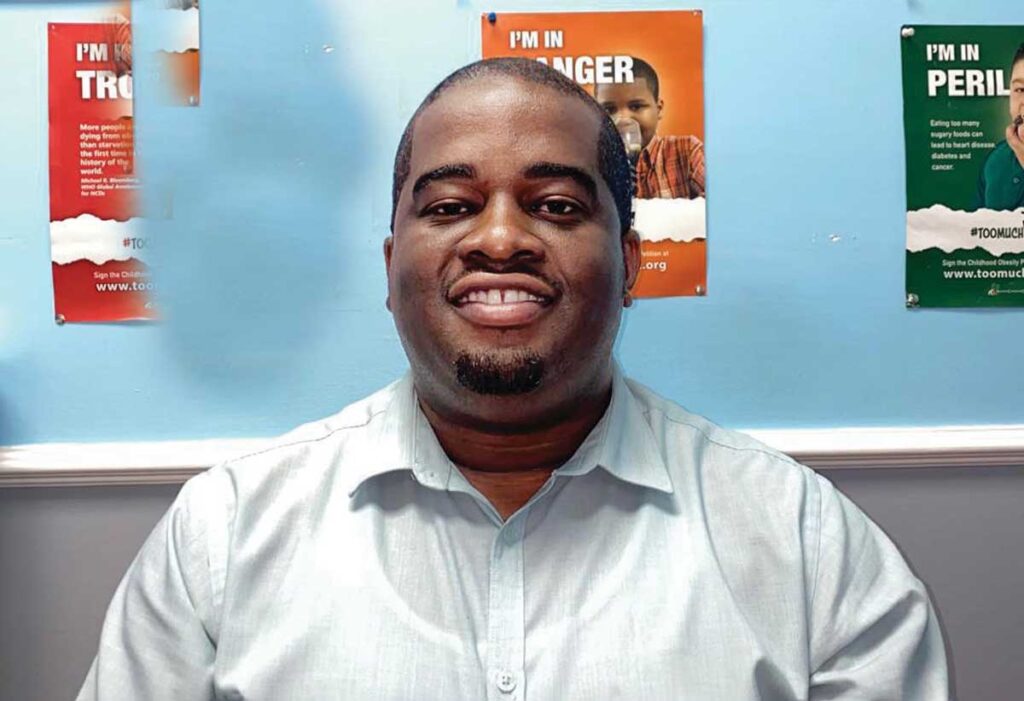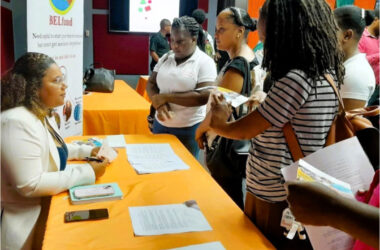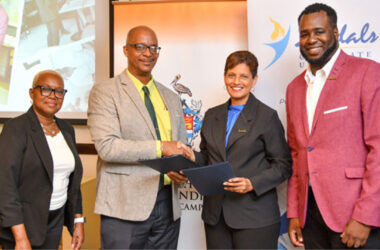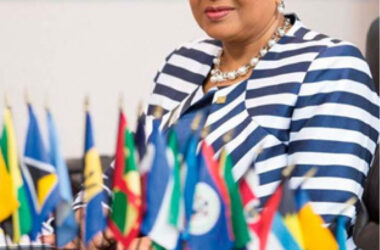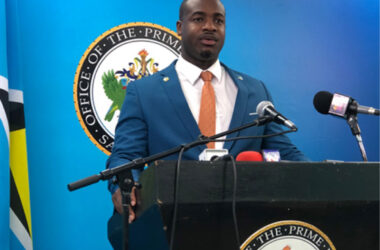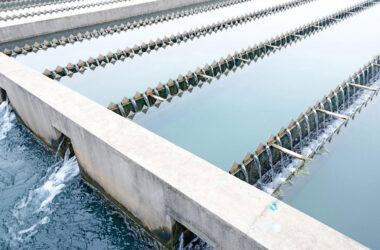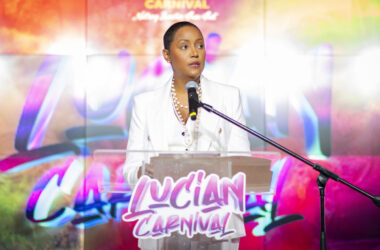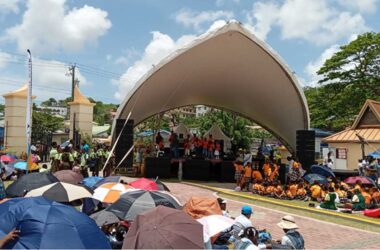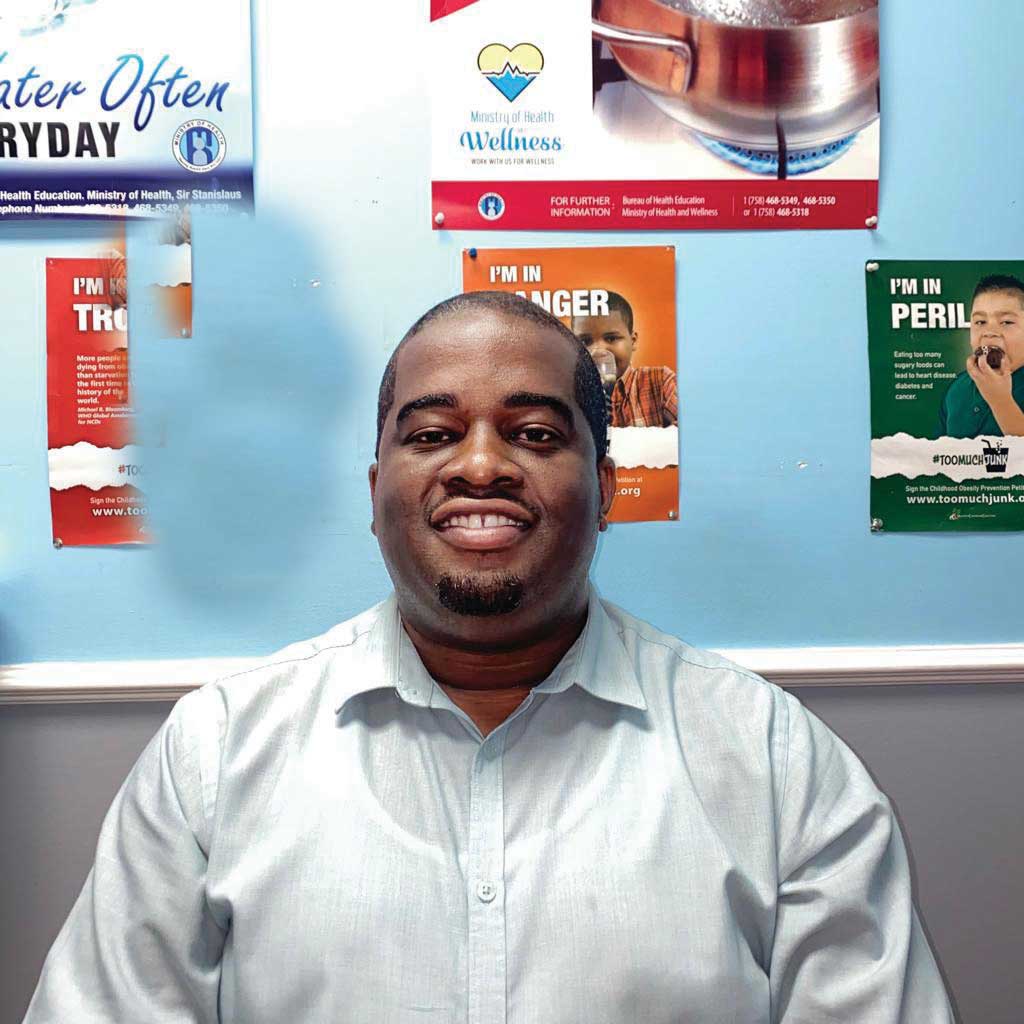
After about five years since health authorities planned to regulate the drinking of soft drinks at schools, cabinet has approved a notion to ban the consumption of sugar sweetened beverages at all schools on island.
This week, the Ministry of Health and Wellness through the Ministry of Education and Sustainable Development in a correspondence to parents of school students disclosed that effective January 4, 2023, there will be a ban on “sugar sweetened beverages” in all primary and secondary schools.
According to ministry personnel, as per Cabinet Conclusion N 330 dated 20 February, 2020, the ban on sugar sweetened soft drinks at all schools in Saint Lucia was approved by the Cabinet of Ministers.
The ministry’s spokesperson further stated that, “children will not be allowed to consume high sugar sweetened drinks on school premises; the recommended sugar content must be below one teaspoon per one hundred millimeter liquid.”
Acting Chief Education Officer Dawson Ragunanan noted that in 2023, “the Ministry will provide guidance on label reading so parents and guardians can be informed on making healthier beverages choices.”
In taking steps towards this eventual decision, Ministry of Health officials cited that the regular consumption of soda is linked to diabetes, heart disease, obesity and asthma.
President of the Saint Lucia Diabetes and Hypertension Association (SLDHA) Dr. Kedhma Dorh is pleased with the decision by the health ministry to stop the consumption of sugary drinks on school premises, stating that it was a step in the right direction.
“The movement against diabetes is not a simple one as just taking out sugars—you do need sugars because your body uses sugar for energy, so taking out sugars is not the only answer. We also need to look at other things like increasing physical activity… starting out from a school level is important so ensuring that there is the exercise component for the week. For a diabetic it has to be five consecutive days, 30 minutes of cardio each day so we can try to think of how we can incorporate that as well into the children’s lives,” he said.
“Recognizing that taking in too much energy is part of the problem. I would have to say I hope it doesn’t stop there but it continues with a holistic approach to our situation; analyzing what exactly is driving the increase in diabetes or uncontrolled diabetes and applying the evidence-based data from that analysis of our population,” he added.
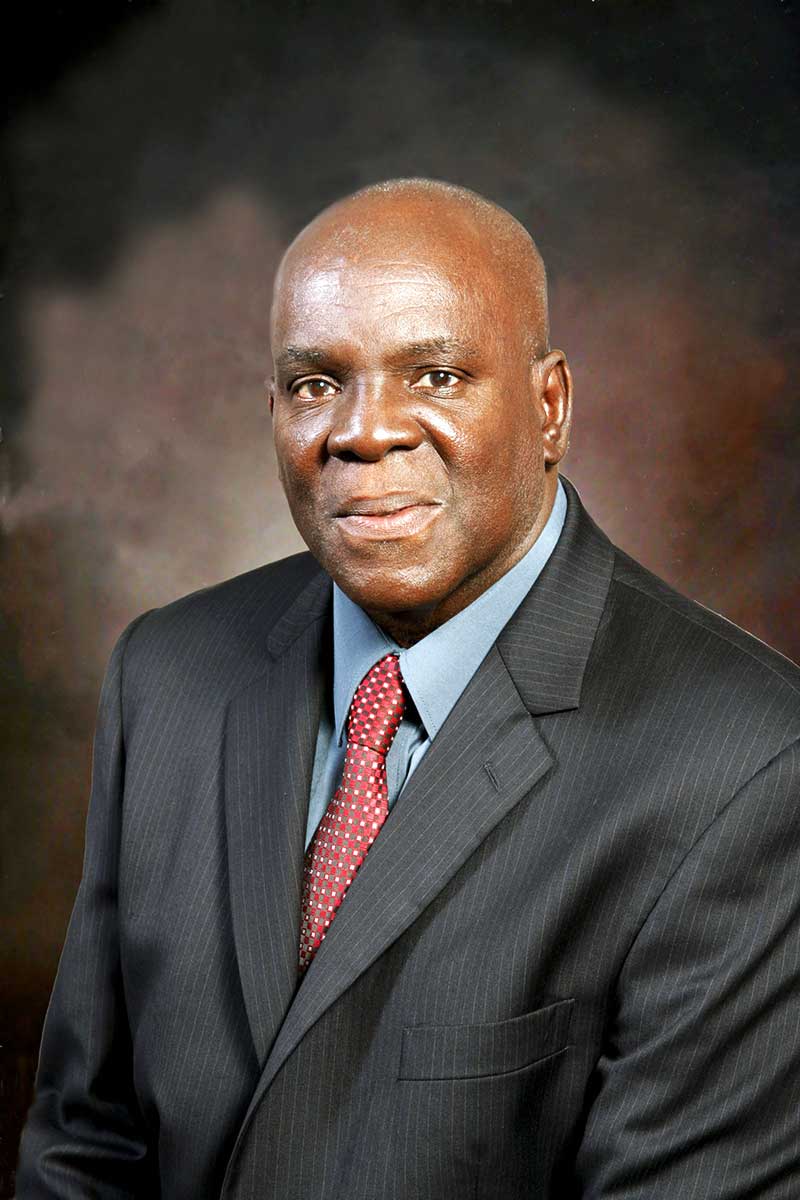
Vice President of the Association, Tedburt Theobalds also weighed in on the ministry’s decision to ban sugary drinks on school compounds.
“It is a known fact that beverages high in sugar content cause several health issues, chief of which are linked to unhealthy weight gain and obesity, heart disease, liver and bone problems and diabetes. The consumption of those drinks also leads to growth of bacteria in the mouth that destroys tooth enamel and leads to cavities. The SLDHA views the ban as a welcome first step in tackling the unhealthy consumption habits in our children,” Theobalds said.
The Ministry of Health and Wellness in 2017 had embarked on a campaign “to discontinue the sale of soda pop or soft drinks on school compounds.”
The ministry states that the highly sweetened fizzy drink is known to have disastrous effects on health. Regular consumption of soda is linked to diabetes, heart disease, obesity, asthma and cavities among other ailments.
While undertaking that initial campaign, Chief Nutritionist Lisa Hunt Mitchell held deliberations with school principals from various districts to discuss the best way to reduce the consumption of soda among the youth. The health official said the intention is not to place a hole in the pockets of the local manufacturers, but instead, to ensure a healthier nation.
“We are aware of the negative impacts of soft drinks so the Ministry of Health is engaging school principals so that they can be supportive in trying to curtail the sale of soft drinks at the schools,” Mitchell explained.
She added: “We want to encourage the children to drink more water instead of juices or soft drinks. Sweetened beverages are bad for the health in general, but soft drinks have added ingredients such as caffeine, phosphoric acid and colourings that are far worse. These ingredients have very negative effects on the health.”
Mitchell noted that Saint Lucia is not the first country to implement the policy.
“There are many countries that have actually banned the sale of soft drinks at schools. Barbados has done it and Trinidad recently banned soft drinks and sweetened drinks from schools,” she said.
Ella Tomas-John, Acting Principal at the Plain View Combined School is in support of the initiative.
“I think it should have been done a long time ago so that by now we would have reduced on the number of behavioural problems that we experience,” she said. “It is important to protect the health of our children. There are children who are obese because they consume all this sugar and do not engage in physical activity. Most children today play with their iPads or their phones instead of engaging in physical activity.”
The fundamental aim of the Ministry of Health is to curb the detrimental health effects that foods high in sugar may have on future generations.


